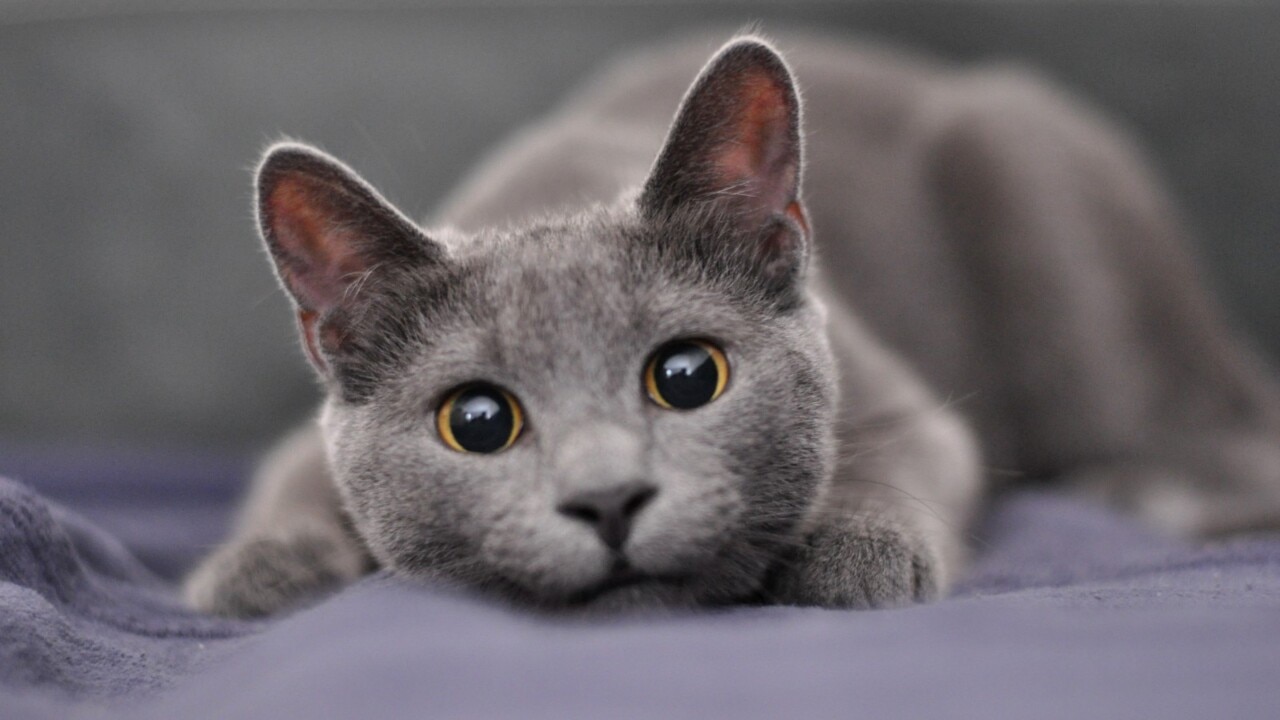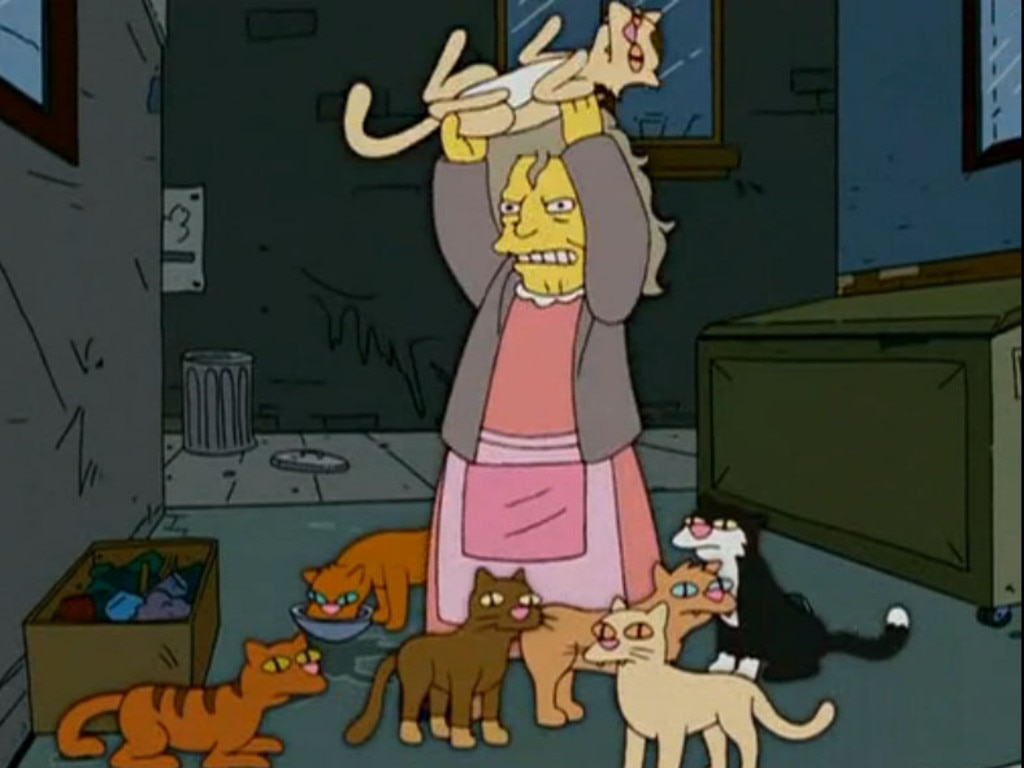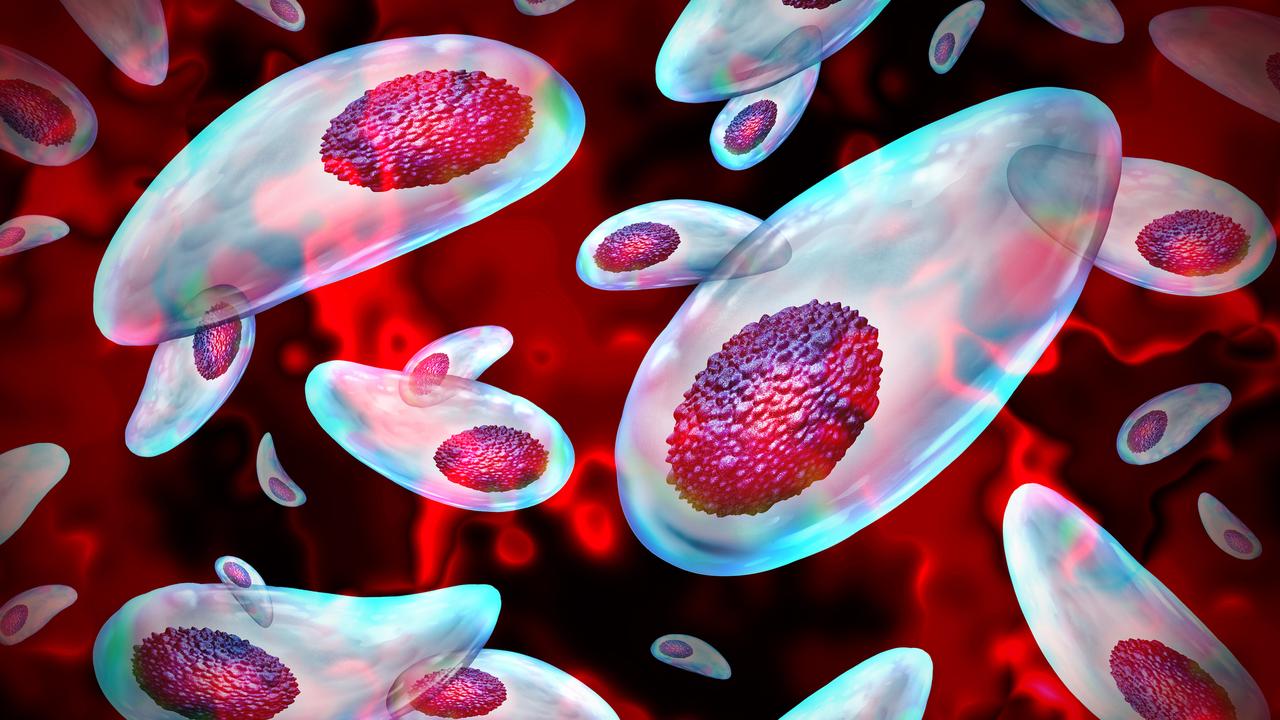Doctor Zac reveals one thing cat owners should never do
An Aussie doctor has revealed the huge twist behind a very common rumour about the beloved pets that just won’t die.

Welcome to Ask Doctor Zac, a weekly column from news.com.au. This week, Dr Zac Turner explores whether people can go insane from their beloved cats.
QUESTION: Hi Dr Zac, my favourite Simpsons character is the crazy cat lady. I was watching The Simpsons with my boyfriend, and he told me that people do actually go around the twist from their cats. Apparently there is some brain bug that cats give to humans that makes them crazy. Is this true? Do cats turn you into a crazy cat lady? – Sascha, Victoria
ANSWER: You might have heard the term “crazy cat lady” tossed around, but did you know there’s a scientific twist to this quirky stereotype? Cats can be great companions for those of us who feel lonely, so I don’t like to make fun of people who end up with multiple cat friends. There is some scientific truth to your boyfriend’s fact, but it’s more nuanced than the stereotype suggests.

It all revolves around a tiny parasite called Toxoplasma gondii (T. gondii) that’s commonly found in cat litter. While the term “crazy cat lady” is more a cultural stereotype than a scientific fact, there is intriguing evidence suggesting that Toxoplasma might affect behaviour in some way.
Some people who know this fact about cats may also tell you that most motorbike crash victims are found with this parasite. This is not true. Studies have found, however, that Toxoplasma gondii infection in mice led to changes in behaviour, such as decreased fear of predators. The mice in fact began to not fear the smell of cats, thus making them an easier target.
One interesting study found that people with schizophrenia had higher rates of Toxoplasma infection compared to the general population. I need to preface that causality is unknown, and not a licence to go around gathering up all the cats to stop a schizophrenia outbreak. That isn’t how the disease works at all.

The majority of studies in this area come up inconclusive, and do not show any merit to the stereotype of a crazy cat person. Most people infected with Toxoplasma experience no significant behavioural changes, and the majority of cat owners are perfectly healthy. I, on the other hand, am one of the population that are allergic to cats, but that’s a different story.
Studies show that Toxoplasma gondii (T. gondii) might affect human behaviour, but probably not as much as some attention-grabbing headlines suggest. It’s believed that the parasite could alter brain chemistry, like dopamine levels.
However, while there’s a connection, we don’t yet have clear proof that T. gondii directly causes changes in behaviour. More research is needed to understand exactly how much it affects our mental health.
There are ways to help limit the spread of infection from your cat’s litter. Proper hygiene and safe handling of cat litter prevents infection. This means washing your hands before and after handling the litter, and ensuring the litter tray is well away from everything else in your house.

Some people keep their kitty litter in the laundry, but I would advise against this. The chance of spreading to your clothes is fairly high in a contained space such as a laundry.
The idea that Toxoplasma gondii makes people “crazy” is an oversimplification. Maintaining good hygiene and regularly cleaning cat litter can minimise the risk of infection, but it’s important to remember that many factors contribute to mental health and that the presence of Toxoplasma alone is not a definitive cause of behavioural changes.
Got a question? Emailaskdrzac@conciergedoctors.com.au
Follow Dr Zac on Instagram
Dr Zac Turner is a medical practitioner specialising in preventative health and wellness. He has four health/medical degrees – Bachelor of Medicine/Bachelor of Surgery at the University of Sydney, Bachelor of Nursing at Central Queensland University, and Bachelor of Biomedical Science at the University of the Sunshine Coast. He is a registrar for the Australian College of Rural and Remote Medicine, and is completing a PhD in Biomedical Engineering (UNSW). Dr Zac is the medical director for his own holistic wellness medical clinics throughout Australia, Concierge Doctors.






